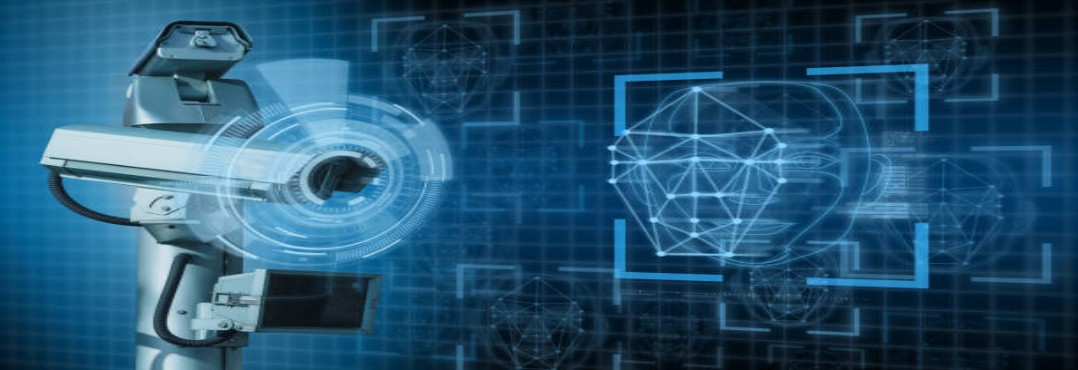-
1. Why surveillance cameras are important ?
1) Deter crime: One of the main reasons surveillance cameras are important is that they help deter crime. Criminals are less likely to target homes, businesses, or public places if they know they are being monitored and recorded.
2) Provide evidence: Surveillance cameras can capture evidence of crimes that occur on the premises, which can be used in investigations and court cases. This can help law enforcement agencies identify and prosecute perpetrators.
3) Monitor activities: Surveillance cameras can be used to monitor the activities of employees, students, or customers. This can help prevent theft, misconduct, or other inappropriate behavior, and ensure that everyone on the premises is following the rules.
4) Enhance security: Surveillance cameras can be integrated with other security systems such as alarms, access control systems, or security guards to enhance security. This can help detect threats and provide a quick response to emergencies.
5) Improve safety: Surveillance cameras can help improve safety in public places such as parks, streets, or transportation hubs. They can help detect potential hazards, monitor crowds, and provide real-time information to law enforcement and emergency services.
6) Peace of mind: Having surveillance cameras installed can provide peace of mind to homeowners, business owners, and other stakeholders. They can feel secure knowing that their premises are being monitored and that there is a record of any incidents that may occur. -
2. Why we should use storage server for office works?
1) Data centralization: A storage server allows for the centralization of all office data, making it easier for employees to access the data they need. This can improve productivity and reduce the time and effort needed to search for files. 2) Data security: Storing data on a server provides a higher level of security than storing it on individual computers. Server security measures can include encryption, access control, and backup and disaster recovery solutions. 3) Data backup: Storage servers can be configured to automatically back up data, reducing the risk of data loss due to hardware failure, human error, or cyberattacks. This can help ensure that important data is always available when needed. 4) Collaboration: Storage servers make it easier for employees to collaborate on projects by allowing them to access and work on the same files simultaneously. This can improve teamwork and increase efficiency. 5) Scalability: A storage server can be scaled up or down as the needs of the office change. This means that as the office grows, more storage capacity can be added to accommodate the increasing amount of data. 6) Cost-effectiveness: Storing data on a storage server can be more cost-effective than purchasing individual hard drives for each employee. This is especially true when considering the cost of hardware, software licenses, and maintenance.

